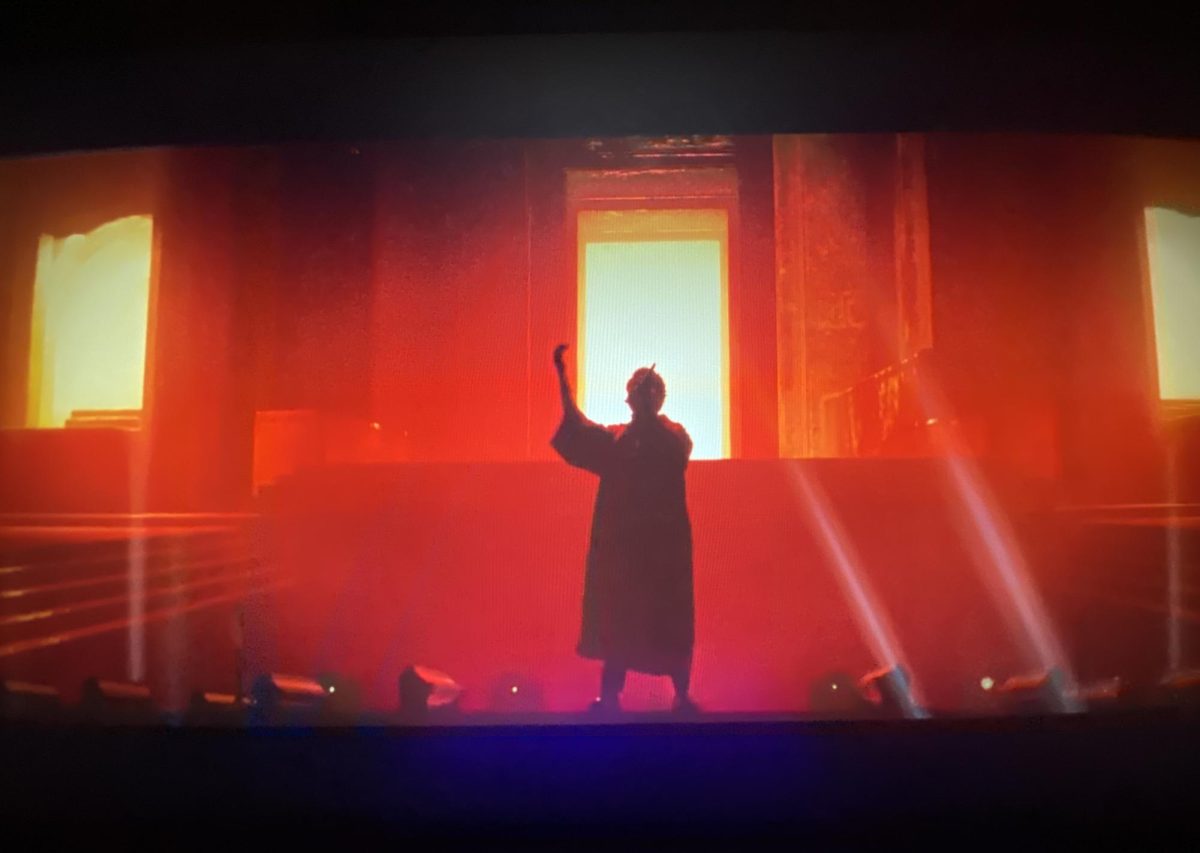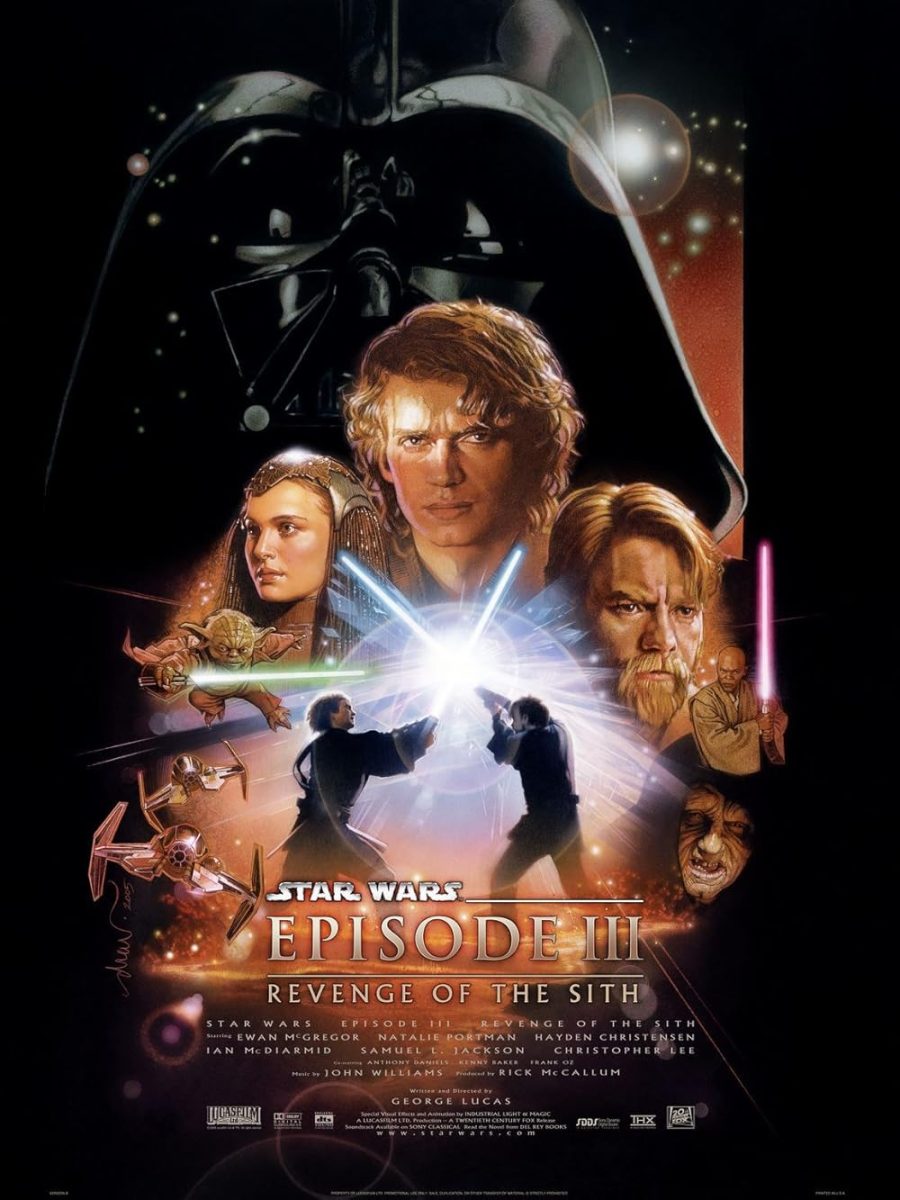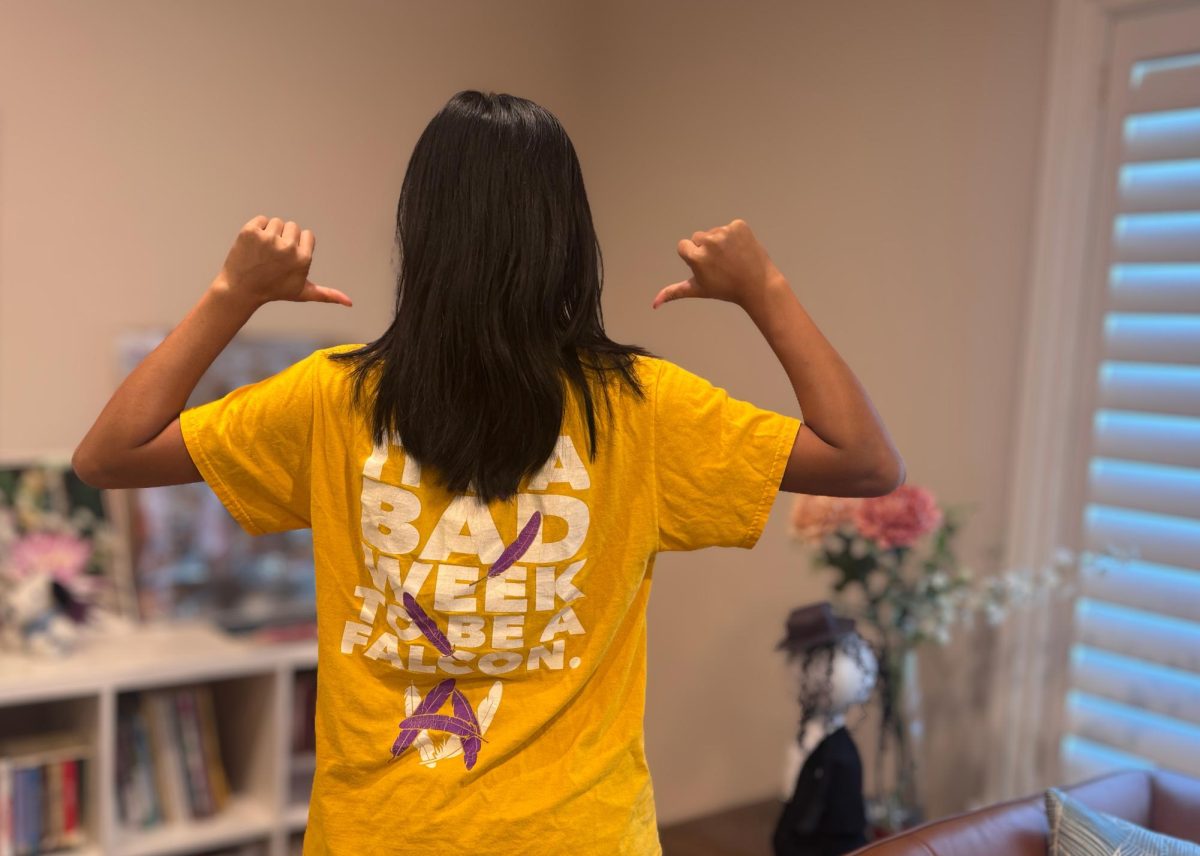
On Friday, October 3rd, Taylor Swift released her long awaited album: The Life of a Showgirl. Upon release album itself were met with both praise and criticism—fans and listeners alike posted their takes on the album on social media platforms such as Tiktok and Instagram, with thousands of videos uploaded since its release.
Hours before the album’s release, Taylor Swift’s fans, affectionately referred to as “Swifties,” gathered around expectantly. The album garnered over six-million pre-saves on Spotify.
“[On the album’s release day,] me and all of my friends got together to my friend’s house, and at 9 p.m on the dot, we just listened through all of the songs and also went to the movies the next day to watch her new movie.” says long-time fan, Allison Chen (‘27).
Thoughts & Critiques
While the album itself received praise, many of these fans acknowledged the shift from her established sound. When compared to the depth of her last previous releases, many noted the lack of depth and simpler lyrics. Though previously, many fans admired her poetic lyricism, the new album left long-time listeners disappointed by the more catchy, trendy lyrics that many of the tracks included.
“A lot of people say that her lyrics this time are very childish and it’s the beat of the music that they are drawn towards. But I think you just need to really understand where she’s coming from and understand that behind each layer, behind each song, there’s a story behind it,” said Chen.
Another critique listeners have voiced is the similarity of her music to other songs. Many video creators have presented side-by-side edits comparing Swift’s song to those by other musicians. For instance, fans noticed a striking similarity between the chorus of Swift’s title track “The Life of a Showgirl” and “Cool” by the Jonas Brothers. Others dispute these claims by bringing up Taylor’s own fight for music ownership.
“She specifically stated in her movie that based on all of the title tracks or all of the references, she talked to the artist who wrote the songs to get their permission because she knows how important it is to like, you know, have ownership of your own pieces,” said Chen.
Beyond the Music
Beyond the album’s composition, some also critique the many variants Swift has released of her new album, promoting exclusivity as a motivation to purchase more-and-more. While this isn’t a new tactic of hers, many have been recently condemning the “money grab” that releasing dozens of variants entails.
“I feel like she’s trying to bring herself back up to her peak, which was her around the Eras Tour. I can’t lie—I feel as if she’s trying to get people to buy more albums. In one of her previous albums, 1989, she did a similar thing, placing a new poster in each CD. It just felt like she was trying to make as much money as possible,” said Laasya Yadavilli (‘28).
An Undeniable Influence
The album reached top of the charts and broke the record for sales in the modern-era. Brands referenced her album in their promotions. Regardless of one’s opinion on Swift’s music, her influence is undeniable—for better, or for worse.
“It would be nice if people could just enjoy the music they enjoy and choose not to listen to the music they don’t want to listen to without there being a big cultural controversy over somebody dropping a new album. I think there are a lot of major problems going on in the world that we get distracted from when we’re so focused on arguing over whether or not it’s a good or a bad album,” said Margaret Ates, listener and teacher at Amador.

















